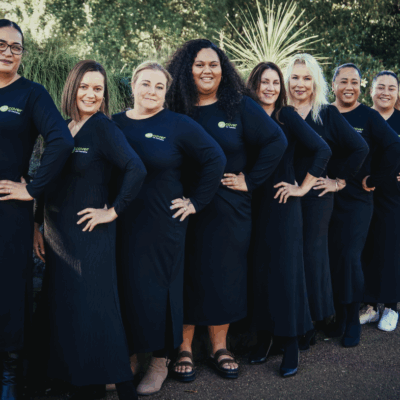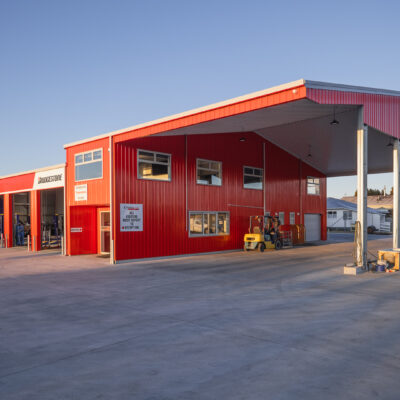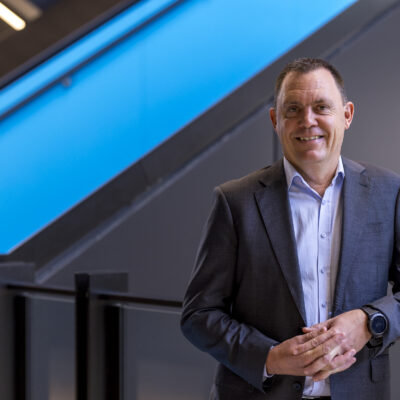An estimated 230 new jobs will be created in the Eastern Bay of Plenty and future employees’ social and educational needs will be a top priority thanks to new investment.
The Purpose Capital Impact Fund (PCIF) has announced its inaugural investment in the country’s first deep water aquaculture project off the coast of Ōpōtiki. PCIF was established late last year, attracting a number of high-profile investors, to create positive social and environmental change as well as provide a return..
As a result of their first investment, Whakatōhea Mussels (Ōpōtiki) Limited (WMOL) now has enough funding to expand their blue water mussel farm and build a mussel processing factory in Ōpōtiki to employ hundreds of locals.
PCIF formed a syndicate including Eastern Bay Energy Trust and BayTrust and have invested $5.5m into the $37m project. Substantial funding ($19m) had already been secured from the Government’s Provincial Growth Fund.
Ian Craig, WMOL Chairperson, is pleased and relieved to get the long-awaited mussel processing factory over the finish line.
“To see this project finally coming to life is a dream come true for Whakatōhea iwi and Ōpōtiki town. It’s no exaggeration to say we’ve been working to make this happen for decades.”
What makes this investment unique is the inclusion of comprehensive ‘impact terms’ in the legal documentation, explains Purpose Capital’s Executive Director Bill Murphy (pictured above). “We have worked closely with WMOL and the Whakatōhea Maori Trust Board to introduce terms relating to employment and the environment that will ensure the community and local residents will get long-lasting benefits from this project.
“It’s simplistic to just say ‘we’ll build this factory and employ a whole bunch of people’. Many of those who will work in the factory will be women and solo mums. They will face childcare issues, for example, which WMOL will address.”
Establishing formal training pathways (potentially to management level), and providing ongoing education and advancement via scholarships, transportation support and/or childcare subsidies are other requirements set out in the investment agreement, alongside a commitment to minimise the impact of operations on marine life.
“We are now looking forward to supporting and working with WMOL and Whakatōhea Maori Trust Board so this project can have the truly transformative positive social and environmental impact we all desire,” Murphy says.
EBET Chairman, Aaron Milne, is also excited by what lies ahead. “This investment is an opportunity to catalyse growth here in the Eastern Bay, by turning an area with a traditionally high level of unemployment into one of the largest aquaculture regions in New Zealand.”
Whakatōhea Māori Trust Board Chief Executive Dickie Farrar says this is the realisation of a dream first conceived by iwi elders back in 1996. “Now we have the opportunity to invest in our people and our community to build a better future for all.”
Ōpōtiki’s open ocean aquaculture mussel farm represents the future of aquaculture in New Zealand as concern grows over the environmental impacts of inshore aquaculture. Fisheries Minister Stuart Nash told an industry conference in Blenheim last September: “We’re doing a lot of work at the moment in research and development in offshore farming, and we know that this is where the real potential lies.”
The farm is 8km off the coast of Ōpōtiki and comprises 3800ha. The mussel farm’s lines will now be expanded from 176 to 300+, and the processing factory will be built. Once established, the factory will process standard live and half shell frozen mussels but also in time move into higher value nutraceutical processing. Site works to build the processing factory are already underway and it’s hoped it will be up and running by early 2021.
The Purpose Capital Impact Fund, comprising investment from the private and philanthropic sectors, is New Zealand’s largest impact investment fund. Major investors including the Tindall Foundation, K1W1, WEL Energy Trust, BayTrust, TECT and numerous private individuals and family trusts.






